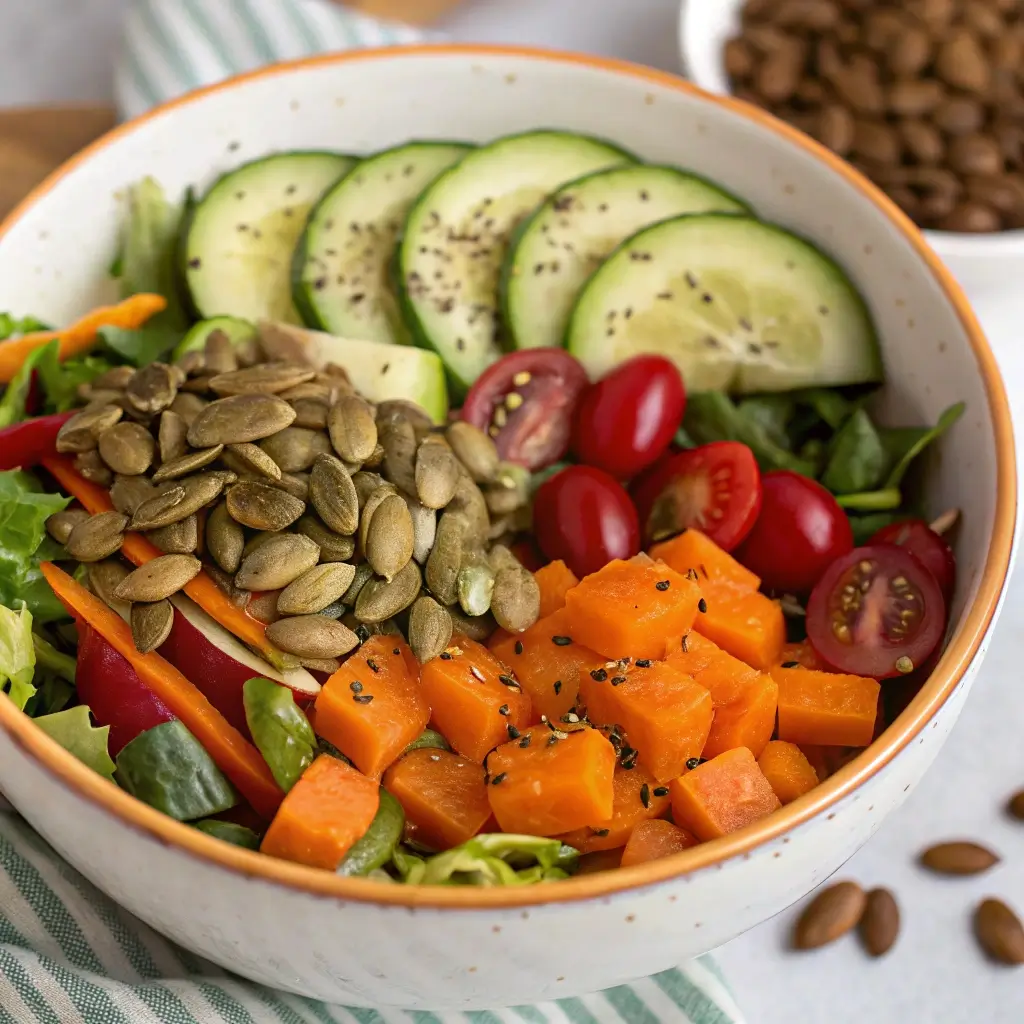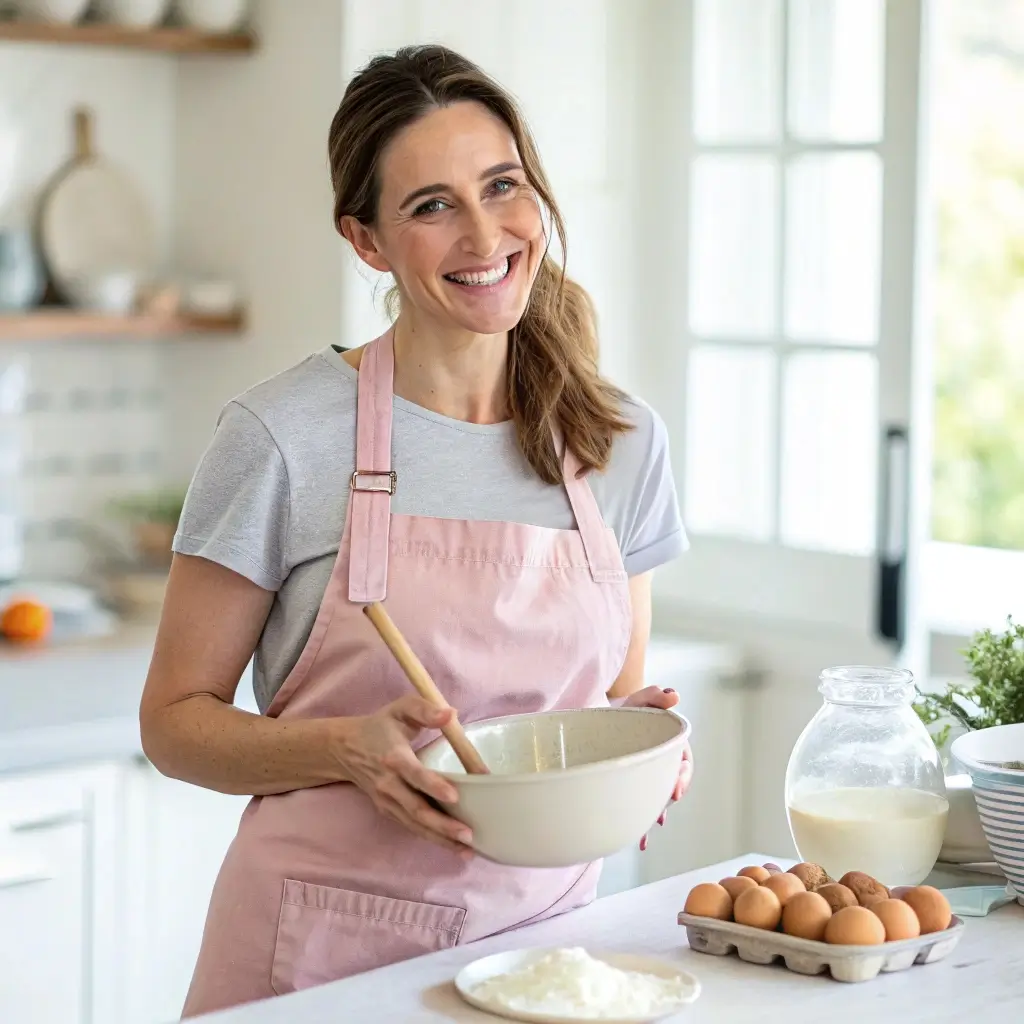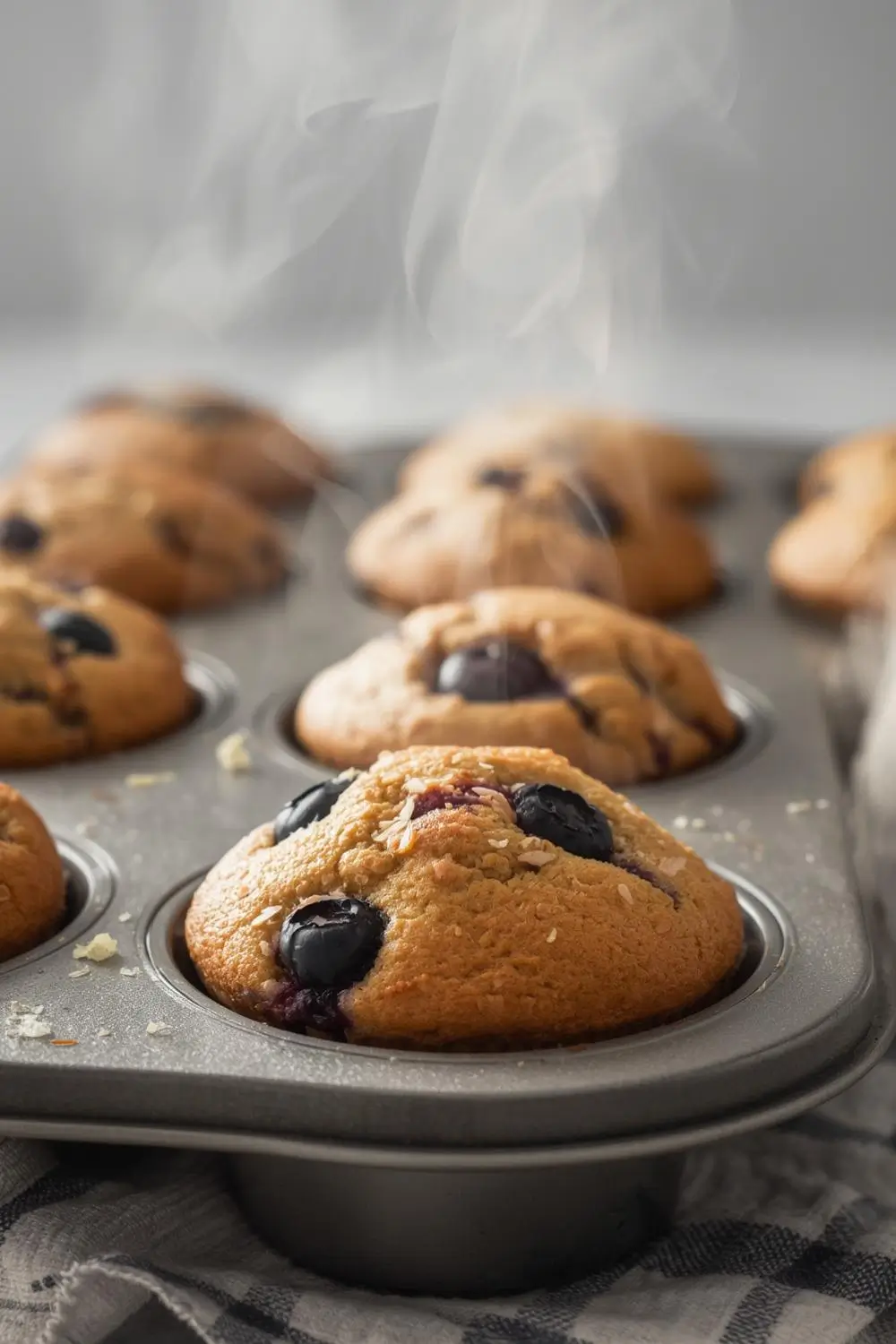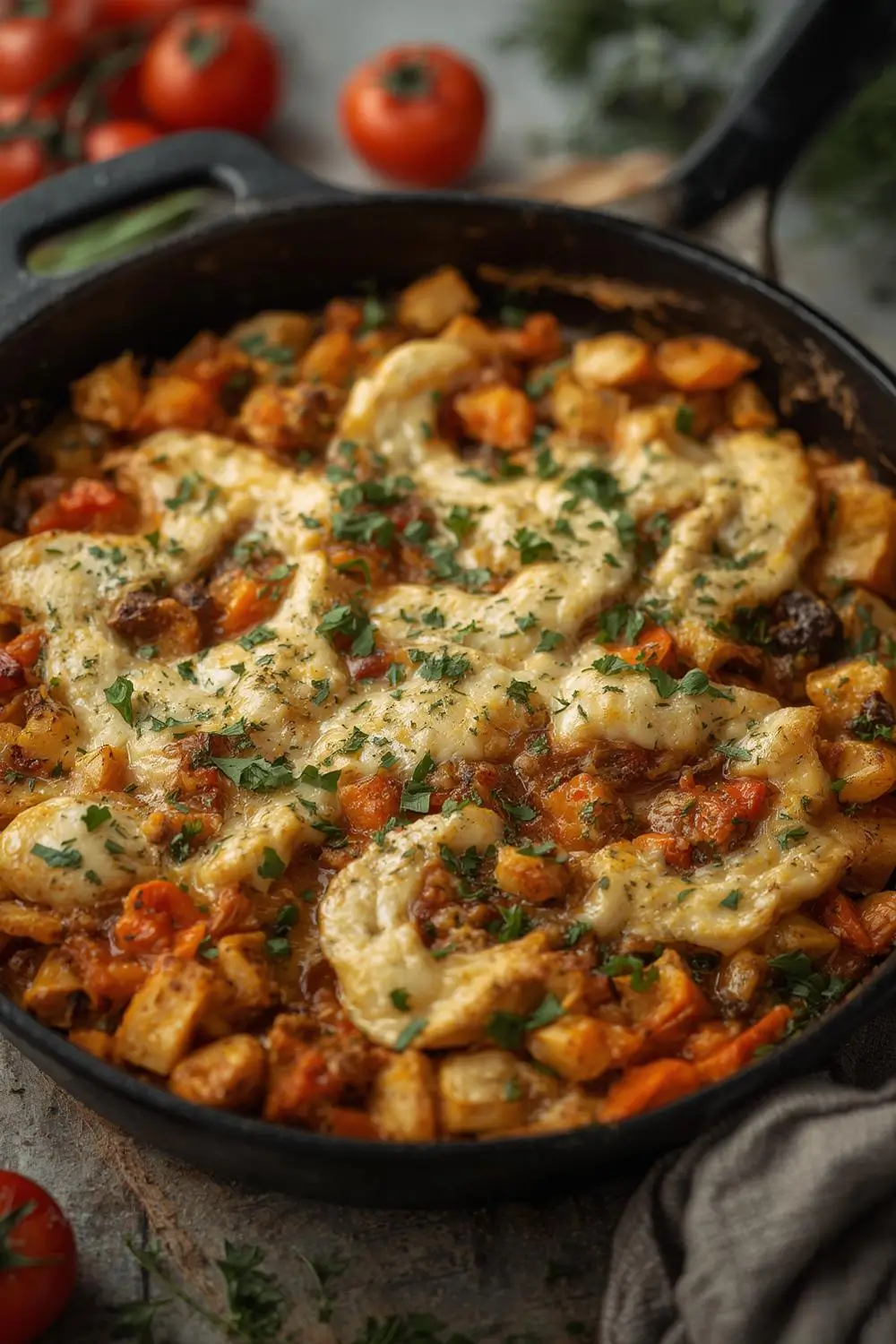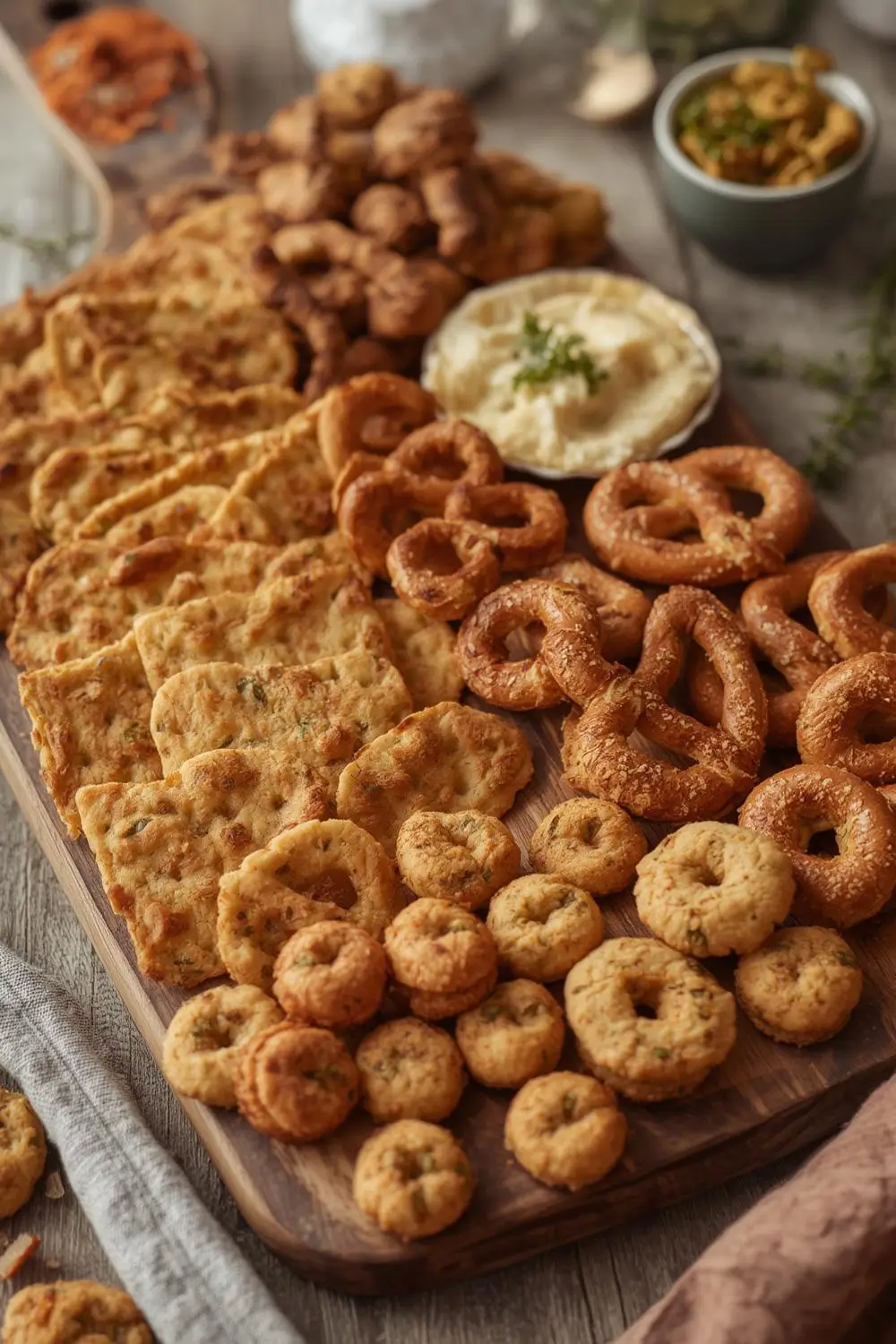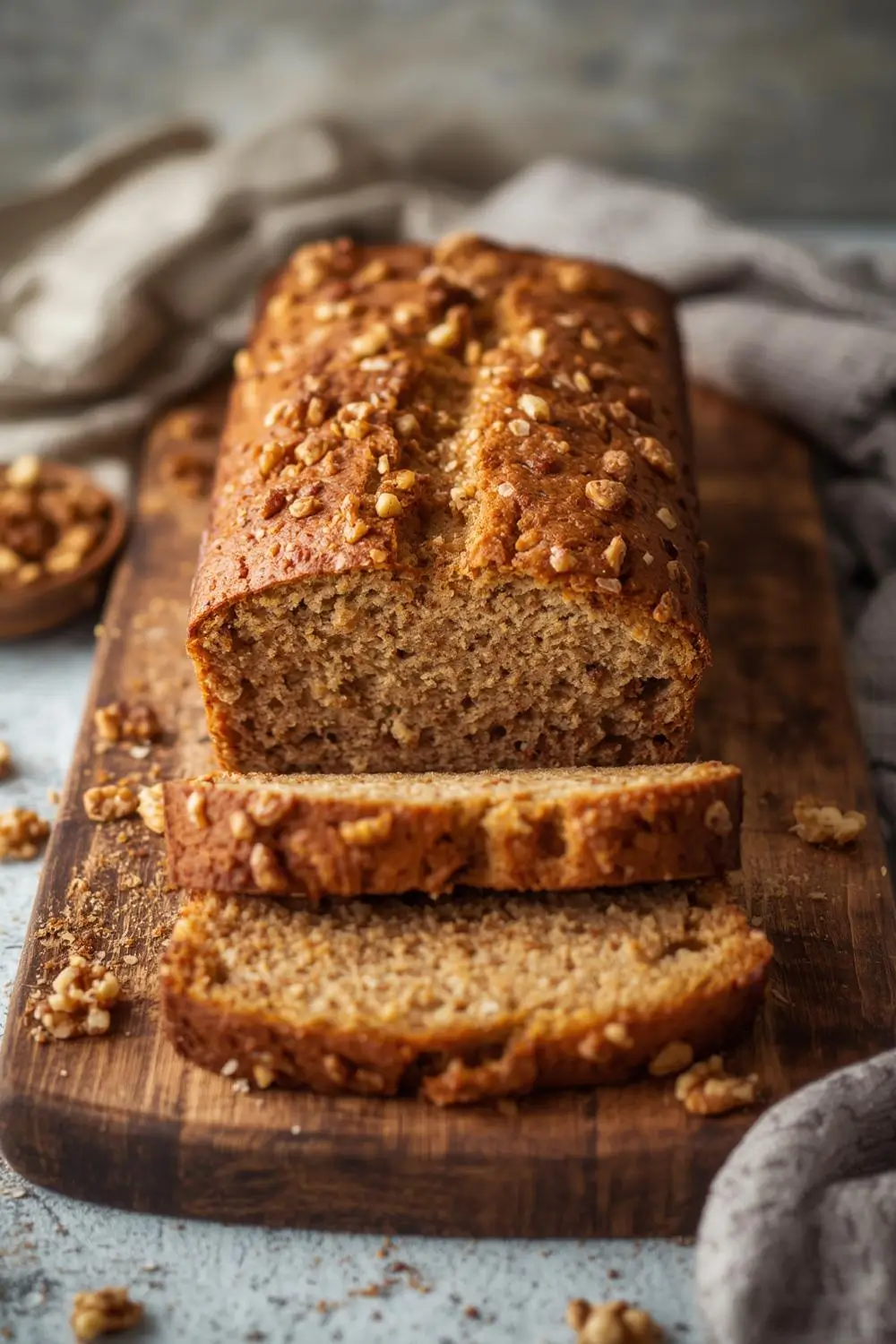Contents
- 1 Why Add Pumpkin Seeds to Salads and Bowls?
- 2 Choosing the Right Pumpkin Seeds
- 3 How to Roast Pumpkin Seeds for Salads and Bowls
- 4 Creative Ways to Use Pumpkin Seeds in Salads and Bowls
- 5 Nutritional Benefits of Pumpkin Seeds in Your Diet
- 6 Tips for Using Pumpkin Seeds in Salads and Bowls
- 7 Frequently Asked Questions
- 8 Delicious Recipe Ideas Featuring Pumpkin Seeds
- 9 Final Thoughts
Elevate your salads, grain bowls, and hearty soups this season by adding a simple yet powerful ingredient: roasted pumpkin seeds. These little seeds are bursting with nutrition and deliver a satisfying crunch that enhances any meal. Whether you’re looking to boost the protein content of your lunch or add texture and flavor to a cozy fall bowl, pumpkin seeds are a versatile topping that fits perfectly into a health-conscious lifestyle.
In this article, you’ll discover why pumpkin seeds are such a nutritious addition, how to prepare and roast them perfectly, creative ways to use them in salads and bowls, and tips for storing and customizing your seeds. Plus, you’ll find answers to common questions about incorporating pumpkin seeds into your meals.
Why Add Pumpkin Seeds to Salads and Bowls?
Pumpkin seeds, also known as pepitas, are nutritional powerhouses packed with beneficial nutrients and healthy fats. Here’s why they make a perfect salad and bowl topping:
-
Rich in protein and fiber: They help you stay full longer and support muscle repair.
-
Loaded with healthy fats: Particularly omega-6 fatty acids, which are essential for brain health.
-
Excellent source of minerals: Magnesium, zinc, iron, and potassium contribute to heart health, immunity, and energy production.
-
Crunchy texture: Adds contrast to soft vegetables, grains, and dressings.
-
Mild, nutty flavor: Enhances taste without overpowering other ingredients.
-
Versatility: Works well with green salads, roasted vegetable bowls, grain bowls, soups, and even smoothies.
Adding pumpkin seeds to your meals is an easy way to boost nutrition without complicated prep.
Choosing the Right Pumpkin Seeds
You can find pumpkin seeds raw, roasted, salted, unsalted, or flavored in most grocery stores. For salads and bowls, raw or lightly roasted unsalted seeds are usually best. This way, you control the seasoning and avoid excess sodium.
If you have fresh pumpkin seeds from carving a pumpkin, you can roast and season them yourself for optimal freshness and flavor.
How to Roast Pumpkin Seeds for Salads and Bowls
Roasting pumpkin seeds at home is simple and allows you to customize the flavor to suit your preferences.
Ingredients Needed
-
1 cup raw pumpkin seeds (hulled and cleaned)
-
1 tablespoon olive oil or avocado oil
-
1/2 teaspoon sea salt (adjust to taste)
-
Optional: 1/4 teaspoon smoked paprika, garlic powder, or chili flakes for added flavor
Step-by-Step Roasting Instructions
-
Preheat your oven to 300°F (150°C). This moderate temperature ensures even roasting without burning.
-
Rinse and dry your seeds thoroughly if they are fresh from a pumpkin. Pat dry with a towel.
-
Toss seeds with oil and salt. Add any optional seasonings for extra flavor.
-
Spread seeds in a single layer on a parchment-lined baking sheet.
-
Roast for 20-25 minutes, stirring every 8 minutes to prevent burning and ensure even crispness.
-
Remove and cool. The seeds will crisp up further as they cool on the baking sheet.
Once cooled, your roasted pumpkin seeds are ready to be sprinkled on salads, bowls, and more.
Creative Ways to Use Pumpkin Seeds in Salads and Bowls
Pumpkin seeds are an incredibly adaptable topping. Here are some tasty ideas to incorporate them into your meals:
Fresh Green Salads
Sprinkle roasted pumpkin seeds over leafy greens like spinach, kale, or mixed lettuce. They add a pleasant crunch that complements soft avocado, juicy tomatoes, and creamy dressings. Pumpkin seeds also pair well with cheese crumbles, dried cranberries, or roasted beets.
Grain Bowls
Whether made with quinoa, farro, brown rice, or millet, grain bowls benefit from the texture and nutrition of pumpkin seeds. Combine your grains with roasted vegetables, fresh herbs, and a tangy dressing, then finish with a generous handful of seeds.
Roasted Vegetable Bowls
After roasting veggies like sweet potatoes, Brussels sprouts, or cauliflower, sprinkle pumpkin seeds on top. The seeds add contrast and enhance the earthiness of the vegetables while boosting protein and healthy fats.
Fall Soup Garnish
Top creamy butternut squash, pumpkin, or carrot soups with roasted pumpkin seeds for added texture and a flavor burst. They create a beautiful visual contrast and provide a satisfying crunch to smooth soups.
Smoothie Bowls
Blend your favorite fruits and greens into a smoothie bowl, then garnish with pumpkin seeds alongside sliced fruit, chia seeds, or granola. This adds a crunchy element to an otherwise creamy texture.
Nutritional Benefits of Pumpkin Seeds in Your Diet
Including pumpkin seeds regularly in your meals contributes to a balanced and nutrient-dense diet. Here are some key nutritional highlights:
-
Magnesium: Vital for hundreds of biochemical reactions in the body, including muscle function and blood sugar regulation.
-
Zinc: Supports immune function, skin health, and wound healing.
-
Iron: Important for energy and oxygen transport.
-
Antioxidants: Help combat inflammation and oxidative stress.
-
Healthy fats: Promote cardiovascular health and brain function.
Adding pumpkin seeds to salads and bowls is a convenient way to increase your intake of these essential nutrients.
Tips for Using Pumpkin Seeds in Salads and Bowls
-
Toast seeds just before serving if possible to keep them crunchy.
-
Add seeds last to prevent them from getting soggy from dressings or warm ingredients.
-
Combine with other nuts and seeds like sunflower seeds or sliced almonds for more variety.
-
Experiment with flavored seeds such as smoked or spiced for extra zest.
-
Store seeds in an airtight container at room temperature for up to two weeks, or refrigerate for longer freshness.
Frequently Asked Questions
Can I eat pumpkin seeds raw in salads?
Yes, raw pumpkin seeds can be eaten as a topping, but roasting enhances their flavor and crunch.
Are pumpkin seeds safe for children?
Generally yes, but whole seeds may be a choking hazard for very young children. Grind or chop for toddlers.
Can I use salted pumpkin seeds?
Yes, but adjust added salt in your salad or bowl recipes accordingly.
Do pumpkin seeds go bad?
They can become rancid over time, especially if not stored properly. Keep them in airtight containers away from heat.
How much pumpkin seed should I add per salad?
A tablespoon or two per serving is a good amount to enjoy the flavor and benefits without overwhelming the dish.
Delicious Recipe Ideas Featuring Pumpkin Seeds
Here are some inspiring salad and bowl combinations that shine with pumpkin seeds:
Autumn Harvest Salad
Mixed greens, roasted sweet potatoes, dried cranberries, goat cheese, pumpkin seeds, and a maple Dijon vinaigrette.
Mediterranean Grain Bowl
Quinoa, cherry tomatoes, cucumbers, olives, feta cheese, roasted pumpkin seeds, and a lemon herb dressing.
Spicy Roasted Veggie Bowl
Roasted cauliflower, Brussels sprouts, chickpeas, pumpkin seeds, avocado slices, and a tahini drizzle.
Butternut Squash Soup with Pumpkin Seeds
Creamy butternut squash soup topped with crunchy roasted pumpkin seeds and a sprinkle of fresh parsley.
Final Thoughts
Roasted pumpkin seeds are a simple yet transformative addition to salads and bowls. They not only add delicious crunch and nutty flavor but also bring a wealth of nutrition to your meals. From fresh leafy salads to warm fall bowls and creamy soups, pumpkin seeds can elevate every bite.
Try roasting your own seeds with custom seasonings and enjoy the wholesome crunch that makes your meals more satisfying and nutritious. This healthy topping is a seasonal must-have that’s easy to keep on hand and enjoy every day.
